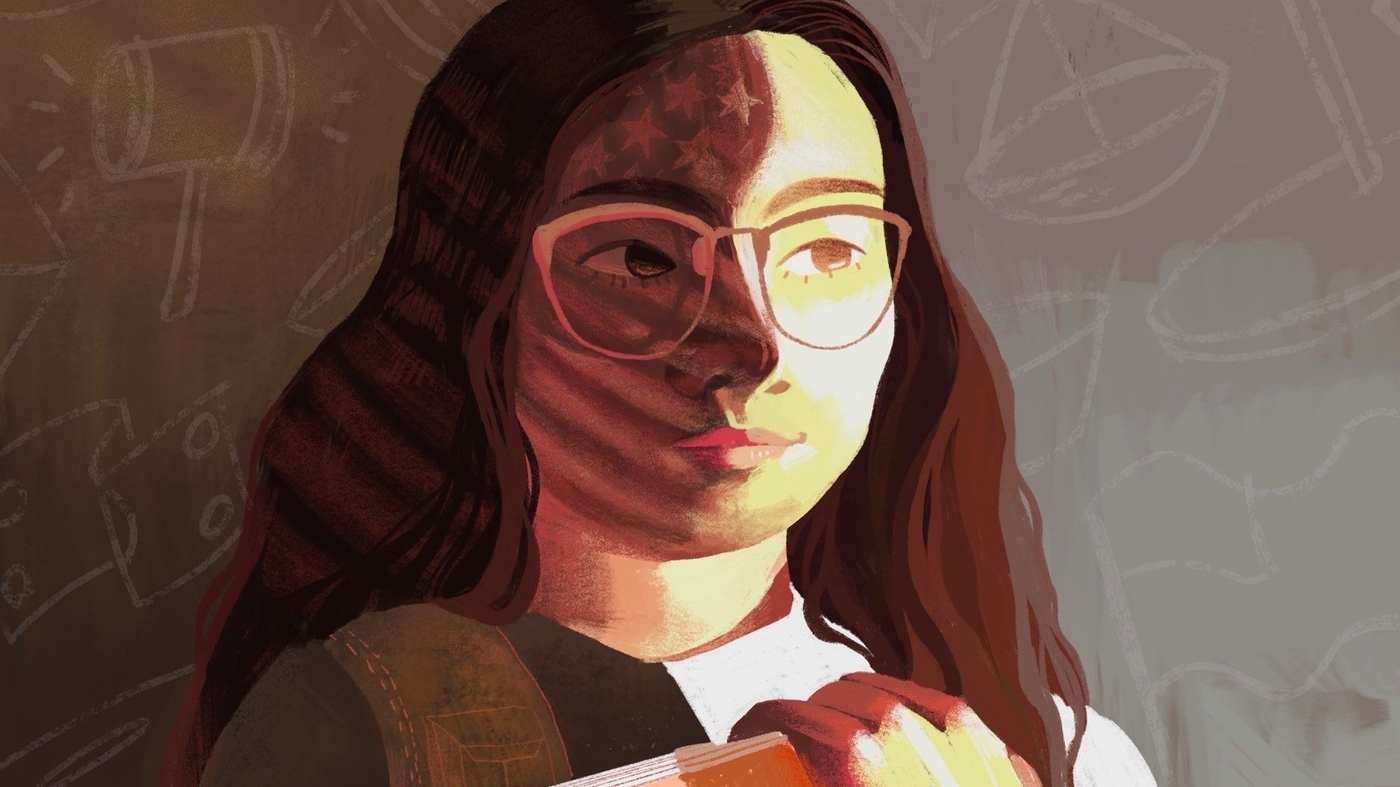
"Fake news. Record-low voting turnout. Frequent and false claims from elected officials. Vitriol in many corners of political debate. These are symptoms we hear of all the time that our democracy is not so healthy. And those factors might be why many states are turning to the traditional and obvious place where people learn how government is supposed to work: schools."
""The electorate is largely ignorant, and there is an overall deficit of civic learning," said Charles Quigley, the executive director of the Center for Civic Education, a nonprofit group that advocates for civics learning. The political climate at the state, local and national levels, and the steady drumbeat of negative news, "has people wondering, 'How the hell could this have happened?'""
Widespread concerns about fake news, low voter turnout, false claims by officials, and intense political vitriol are motivating states to strengthen civics education. More than half of states—27—have considered bills or proposals to expand civics teaching. Common initiatives include increased teacher training, stronger curriculum standards, media literacy education, and deeper study of the Constitution, Bill of Rights, and state founding documents. Washington established a stand-alone high school civics class, expanded teacher training, and added federal, state, local, and tribal government lessons in K-12. Early civic instruction in kindergarten is emphasized to build basic ideas of justice, rules, and authority.
Read at www.npr.org
Unable to calculate read time
Collection
[
|
...
]